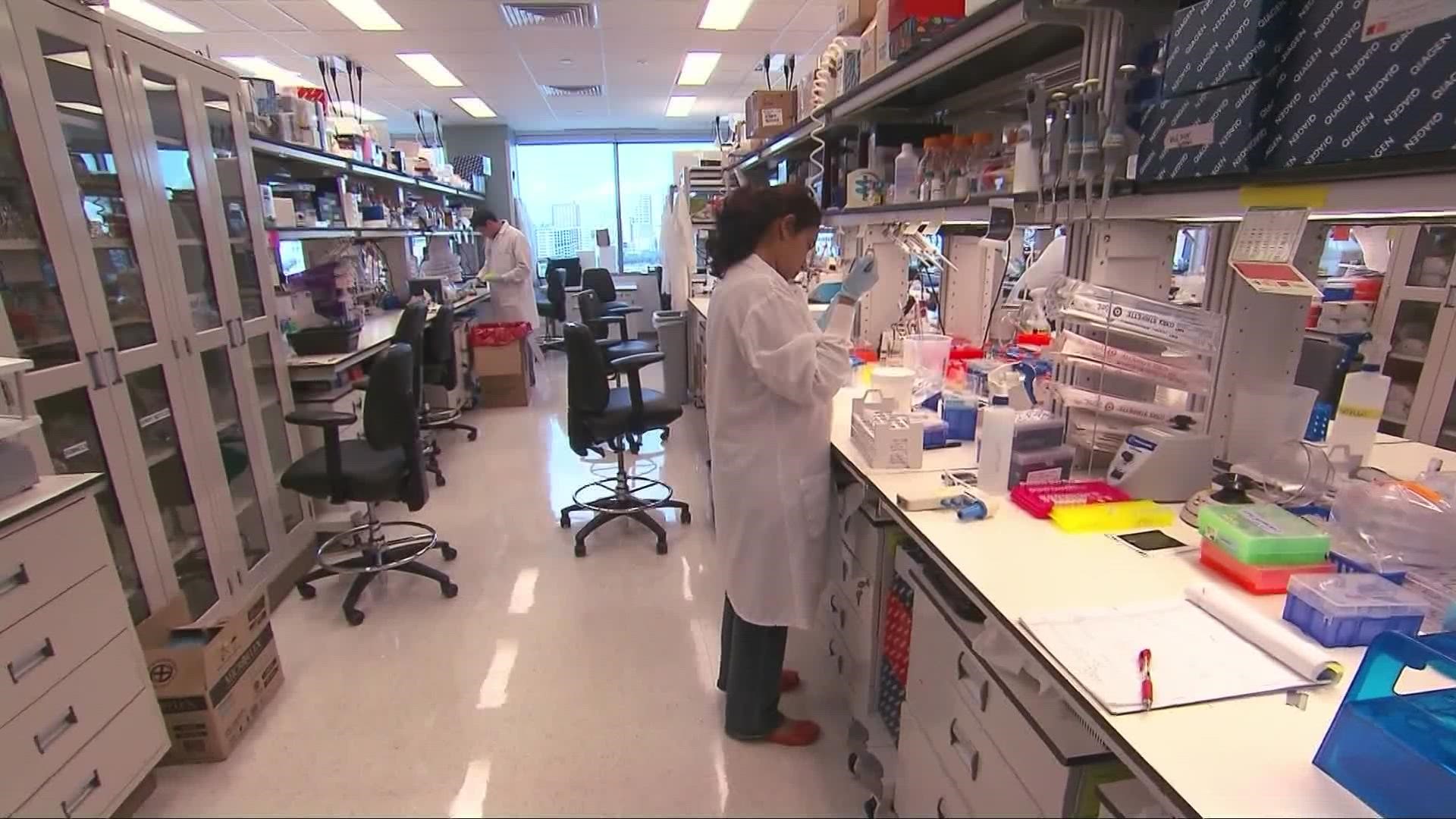CLEVELAND — The American Cancer Society's latest report on cancer death statistics shows promise, with an overall 33% decline of fatalities related to the disease since 1991.
However, there's still a lot of work to be done.
"It shows that prevention, early detection, and new treatments that we've been talking about as the holy grail for cancer cures [are] coming true," Dr. Theodoros Teknos, president and scientific director for University Hospitals' Seidman Cancer Center, says.
The report projected lung and colorectal cancers will cause the most deaths in 2023. Also, prostate cancer is rising in men.
"We're probably detecting prostate cancer earlier, and there appears to be in our minority communities a higher rate and deadlier form of prostate cancer," Teknos explained. "That could also be contributing to this uptick."
Teknos researches HPV-related cancers and says thanks to the HPV vaccine — introduced for girls as young as 11 in 2006 — there has been a dramatic drop in cervical cancer cases in the U.S. The shots became available for boys as young as 11 in 2009, but studies have shown that only about one in three are getting them.
"While we're seeing a 65% decrease in cervical cancer over the last 30 years, we've actually seen a 300% increase in throat and anal cancers over that same period of time," Teknos said.
Head and neck and anal cancers can also be caused by HPV infections. The vaccine protects against six different types of cancer.
The ACS projects nearly two million people will be diagnosed with cancer in 2023 and nearly 610,000 will die. While that is an uptick from last year's projection, it's still represents a continued decline in cancer deaths.

